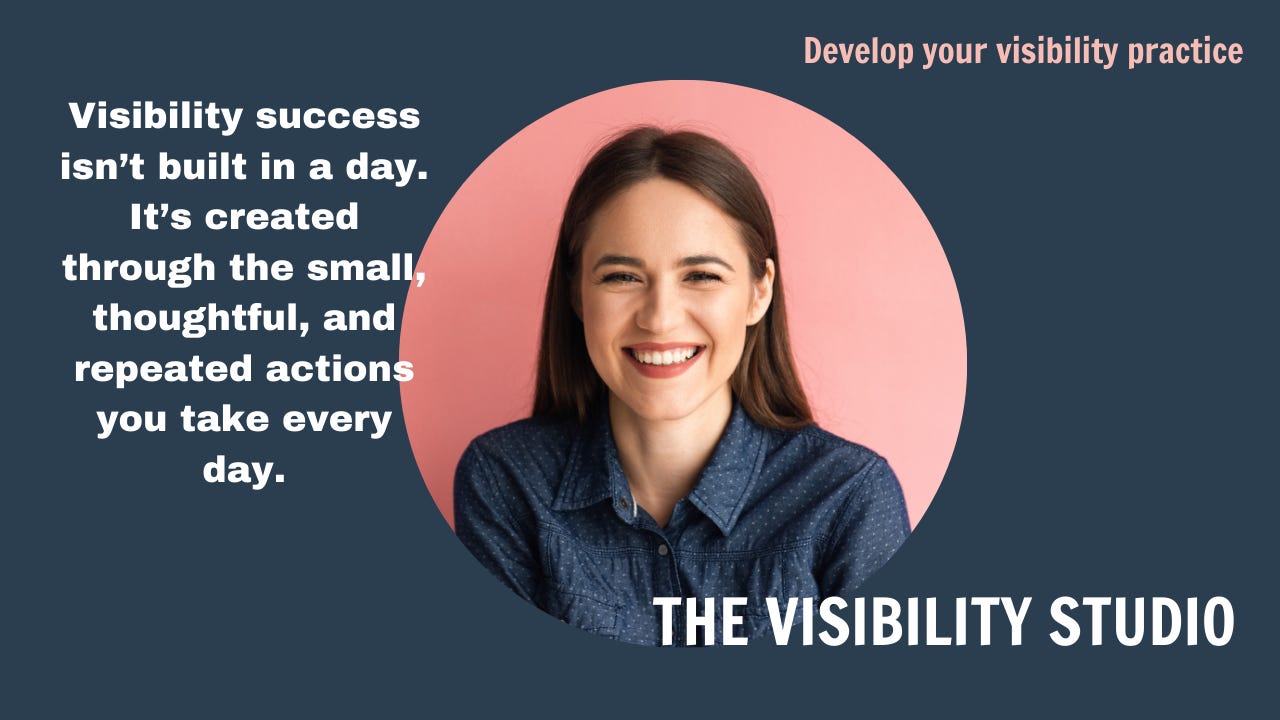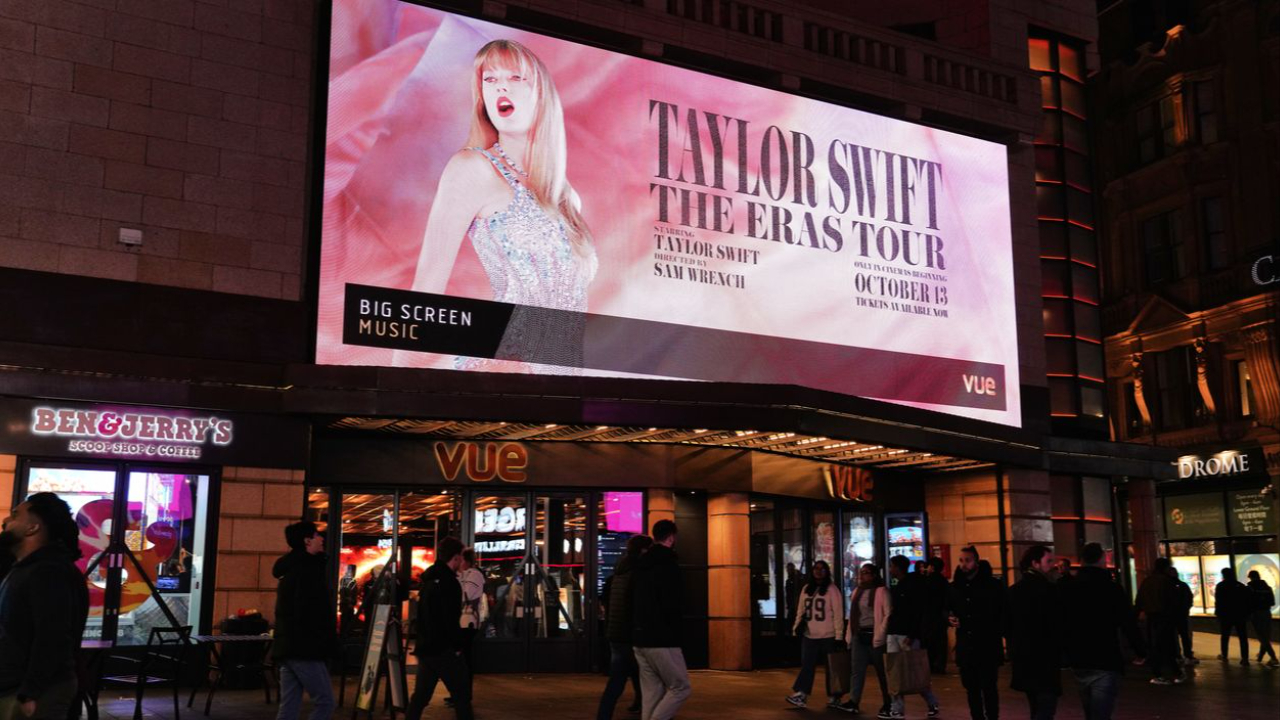Meta has made its move, what's next for small business?
Jan 10, 2025
Mark Zuckerberg announced this week that Meta will no longer be fact-checking content on its platforms (Facebook, Instagram, and Threads).
Meta started contracting independent fact-checkers from around the world in 2016 in response to the US election campaign when it became clear that misinformation and disinformation were being shared on social media in an attempt to influence the outcome of the election.
Zuckerberg has now announced that the program has caused ‘too much censorship’ and that it’s time to get back to its roots around free expression. (For the record, Facebook evolved from Facemash, a site that saw male students comparing photos of female students and voting on their attractiveness. To create the site, Zuckerberg hacked into Harvard's online directories to obtain photos without permission.)
When someone shows you who they are, believe them the first time. - Maya Angelou
Let’s start here; fact-checking is not censorship. It’s a tool for distinguishing assertions grounded in fact from those rooted in opinion or outright falsehoods. While this may result in errors from time to time, this doesn’t signal a descent into authoritarianism. Rather, it reflects our commitment to becoming a mature, thoughtful community that values the integrity of the information we share.
My first thoughts about the announcement were that the lawyers must now be running the show at Meta. They know they’re entering a highly contentious period where controlling the flood of misinformation entering the public domain might be near impossible. To manage that, their strategy could be to do nothing and lean on the First Amendment to defend any harm caused, rather than take action and risk repeated lawsuits from individuals claiming censorship.
This approach resembles the 'Good Samaritan' dilemma often discussed in the US. The concern is that well-meaning bystanders at an accident or emergency will hesitate to intervene, fearing they might be sued if something goes wrong. While some states have enacted laws to protect Good Samaritans, the lack of uniformity leaves many risk-averse individuals concluding that doing nothing is the safest option.
So my initial thoughts were that Meta’s fact-checking scheme might follow this logic: better to do nothing and avoid legal battles than to act and face the consequences.

Then I read Zuckerberg’s full announcement on Threads. The parts of the statement that particularly stood out were the actions that Meta will take to ‘get back to their roots’. The first was this;

Removing restrictions on topics like immigration and gender… If you’ve paid any attention to public discourse in America over the last decade, you know he may as well have said, ‘It’s open season on immigrants and the LGBTIA community (and more specifically, the trans community)’.
After reading this, I came across this article in CNN Business which notes that in addition to doing away with independent fact-checking, Meta
…also quietly updated its hateful conduct policy, adding new types of content users can post on the platform, effective immediately.
Users are now allowed to, for example, refer to “women as household objects or property” or “transgender or non-binary people as ‘it,’” according to a section of the policy prohibiting such speech that was crossed out. A new section of the policy notes Meta will allow “allegations of mental illness or abnormality when based on gender or sexual orientation, given political and religious discourse about transgenderism and homosexuality.”
Previously, such comments would have been subject to removal under the policy.
Meta claims to maintain protections against harmful stereotypes historically linked to intimidation or violence. However, how this aligns with allowing users to refer to women as ‘household objects or property’ or transgender and non-binary people as ‘it’ is unclear, to say the least.
And when you place Zuckerberg’s announcement about ‘gender’ alongside the policy position vis-a-vis transgenderism and homosexuality, the intention is clear. As both a woman and a member of the LGBTIA community (albeit one of the pretty invisible ‘Bs’ with quite a bit of straight-looking privilege), this tells me everything I need to know about how safe I, and a great many other people, can expect to feel on Meta going forward.
The second statement that stood out to me was that Meta intends to;

In other words, he’s shifting his content moderation operations from a state firmly aligned with the Democratic Party throughout the 21st century to one equally entrenched in Republican allegiance. This, my friends, is the epitome of ‘kissing the ring’. Whether that’s been driven by his adherence to a certain political agenda or by an obsessive desire to remain aligned with the dominant influence of the time, I can only guess.
Where does that leave women, creatives, changemakers, small business owners, immigrants, the LGBTIA community, and any human who doesn’t want to be manipulated each day by fake news?
It leaves us considering alternatives.
I’m not one to jump too quickly when technology changes because it’s constantly evolving. As a business owner, being too reactive to these shifts could leave me in a perpetual state of flux. I do however keep an eye on trends and here are two trends I haven’t loved in recent years:
-
watching Twitter fans being forced away from that platform when it became X because it became far too toxic to stay (if this is the direction in which Meta is headed, I’d prefer to move before that happens),
-
watching waves of misinformation impact The School of Visibility® community every few years and spending more time than I would like trying to manage that sensibly. When you want to be in conversation with people but they are being bombarded with so much false information that the opportunity to converse rationally all but disappears, the community itself starts to erode. Over the years, this is probably the thing I’ve liked least about running my business.
I’m also conscious that a lot of my business has been built on Meta over the last 15 years and I don’t want to just throw that away. But here’s what I keep coming back to; what we know for sure from this announcement is that misinformation and disinformation will increase on Meta’s platforms in the coming years. We also know that hate speech will rise.
If my business were an in-person business, I would never place it in a street that’s known for pedalling misinformation and disinformation. I would look for a street that’s safer and saner for my community. I would have zero interest in walking past toxic nonsense to get to the people I want to connect with.
So the question I’m pondering is; Why would things be any different in the virtual world? Right now, the answer is that there are still many good and great people on the street. The street hasn’t gone to pot just yet. But if it does, I would like to have foreseen this and set myself up in advance of the mass exodus.
I’m on Substack and have been for 12 months now. I’ve enjoyed my experience there and what started out as an experiment looks likely to become more permanent. Also, we no longer live in a world where Facebook is one of the only social media platforms to choose from. Bluesky is gaining a lot of followers and I’ve personally always loved Pinterest. LinkedIn is a place that I personally find visually difficult to engage with, but is, at least, a place where people don’t tend to share the worst of themselves, so that’s something to be grateful for.
Over the past 12 months, I’ve been deeply engaged in a visibility practice focused on discernment. This journey clarified something important for me: social media is not the right forum for complex, nuanced discussions. It became abundantly clear in 2024 that it’s also not the place to drive the kind of social change I’ve dedicated my life to pursuing.
So these considerations will feed into the development of my visibility strategy for 2025, as will this thought: sometimes we need to cut ties to create space for the new and sometimes we just need to give something less of our energy. When that’s the case, the question shifts from whether ‘to Meta or not to Meta’, to ‘how much time do I need to dedicate to being visible on Meta to make it worth my while?’
These are some of the questions I’ll be pondering over the coming month and in the meantime, here are some questions to ponder:
-
how do you feel about the changes at Meta?
-
will it affect where you show up in business or life?
-
which social platforms do you feel good about right now?






